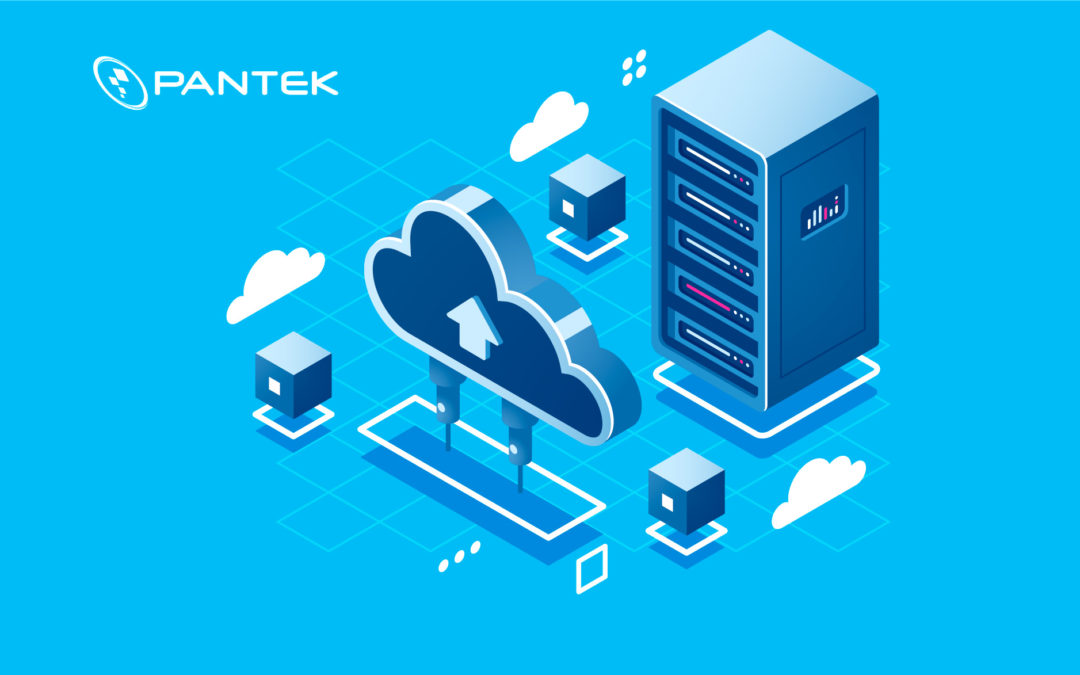Compute
In AWS, your company’s computers are used to calculate, process, and compute data. As per your requirements, thousands of processing nodes can be scaled using cloud service providers. AWS utilizes Elastic Compute Cloud (EC2) as a primary solution for scalable computing. For managing software containers with Docker or Kubernetes, they use ECS and EC2 container registry.
Conversely, Azure uses virtual machines for computing and virtual machine scale sets for scaling. They also use Container Service for software management, in Docker container and Container registry for Docker container registry.
Networking
Cloud providers like Azure and AWS deliver various partners and networks to interconnect with data centers using multiple products. AWS utilizes VPC, a virtual private cloud, to create separate networks inside the cloud as their networking go-to. For cross-premises connectivity, they use API. During networking, they use elastic load balancing for load balancing.
In Azure, a virtual network is used for networking or content delivery. It uses a VPN gateway for cross-premises connectivity, along with a load balancer and application gateway for load balancing during content delivery.
Storage
AWS utilizes Simple Storage Service, i.e., S3, which offers various documents and tutorials. It also provides Archive storage by Glacier, data archive, and S3 infrequent access. Azure uses a Storage block blob, which includes blocks and uploads huge blobs effectively. For archiving data, it utilizes storage cool and storage archive.
Database
All cloud providers offer the capability to implement a database in both SQL and NoSQL solutions, but for relational databases, you can start to see some major differences. AWS uses RDS to use a relational database as a service. It uses NoSQL for Dynamo DB and caching for Elastic Cache. Azure, on the other hand, makes use of SQL databases, MySQL, and PostgreSQL. For NoSQL solutions, Azure utilizes Cosmos DB and Redis Cache for caching.
Deploying Apps
The main benefit of a cloud service provider is the ease of deploying applications. Azure has several app deployment tools that can be used on different servers. AWS has some comparable features, but they do not have various app hosting features, which could be a dealbreaker for your business.
Open-Source Developers
AWS is a great option for open-source developers because it includes Linux users and provides various integration choices for various applications. Azure offers enterprise users the ability to use the current active directory account to sign on to the Azure cloud platform and run the .net framework on Windows and Linux. Still, AWS is the better choice for open-source developers.
As you can see, both cloud platforms have strong capabilities. AWS is more flexible and provides extra features, but when it comes to Hybrid cloud services and integration with Microsoft stack, Azure is an excellent choice. What you choose will need to be based on your business’s requirements, and that’s where we come in. Pantek has many years of experience understanding business objectives and identifying requirements to help you find the right cloud service for your company’s needs.
Recently, we had a webinar discussing this very topic. If you’d like more information about these cloud solutions, check out our webinar by Bill here.

